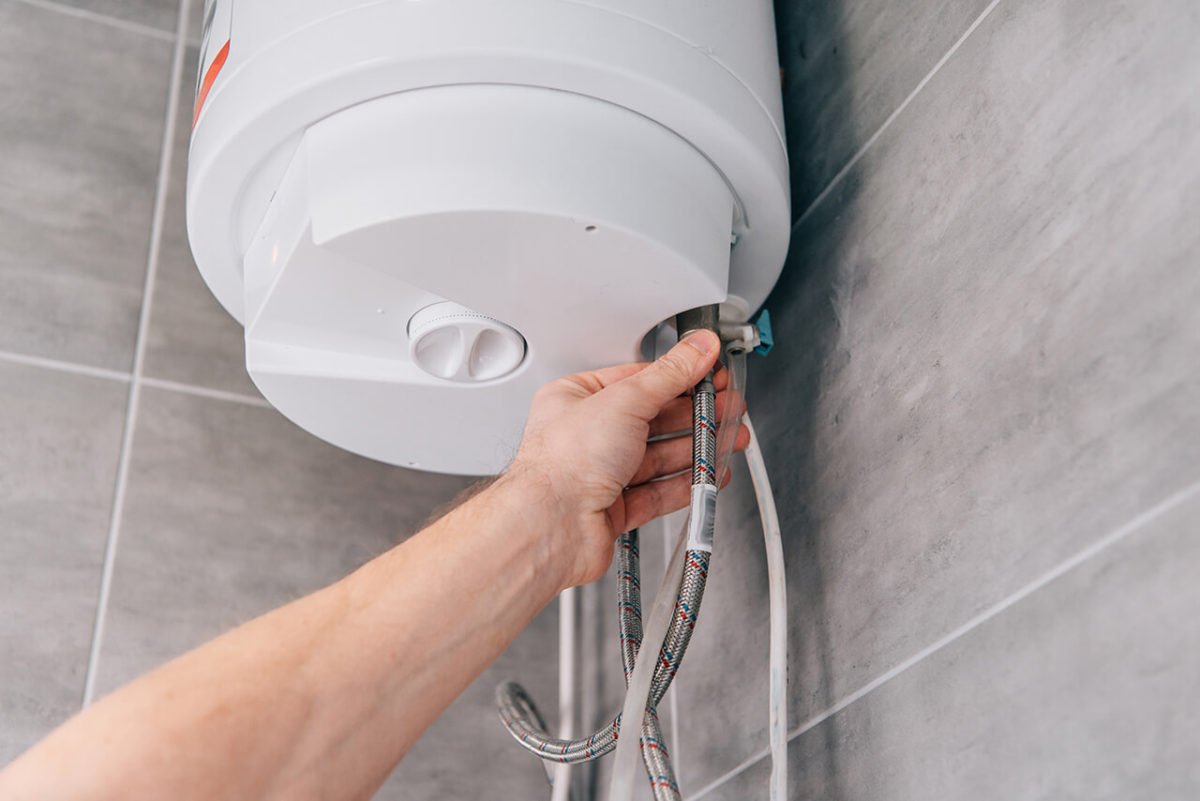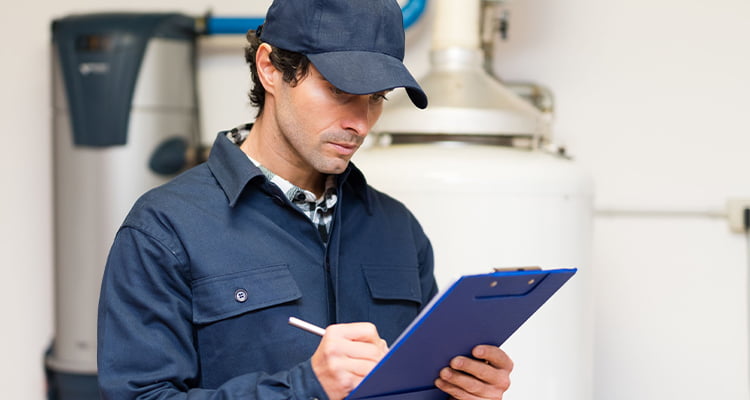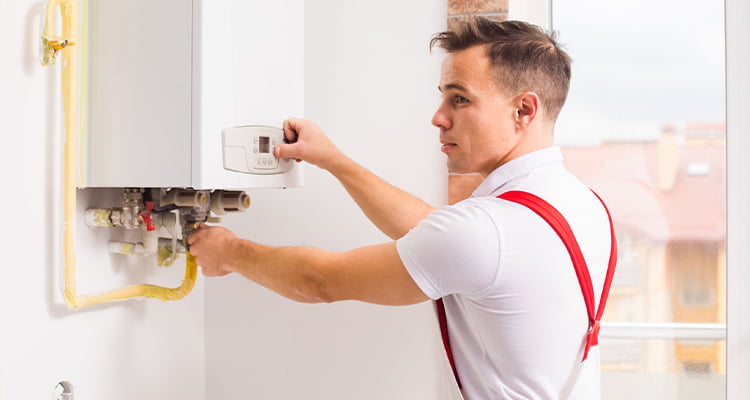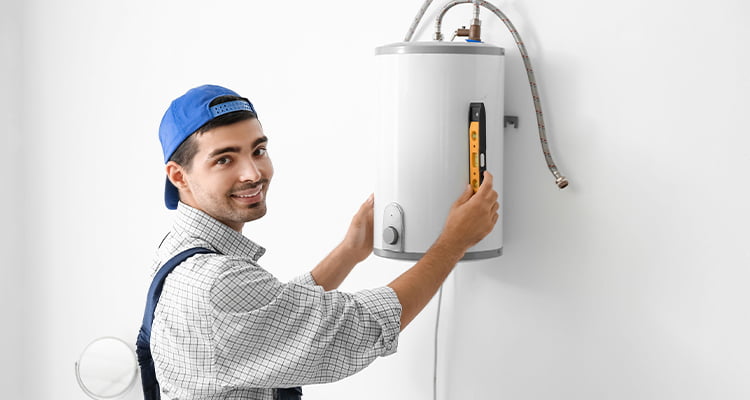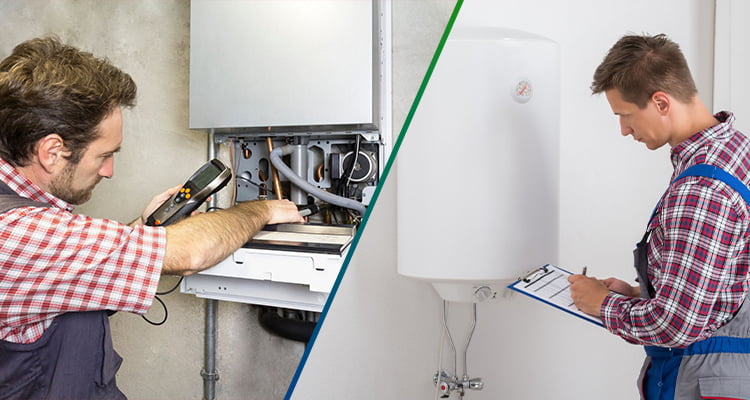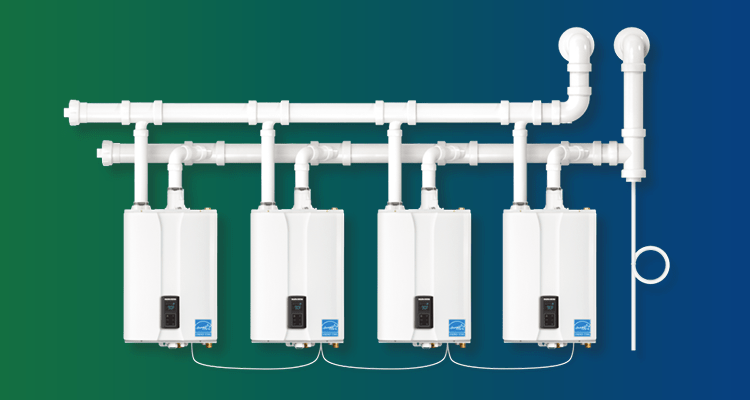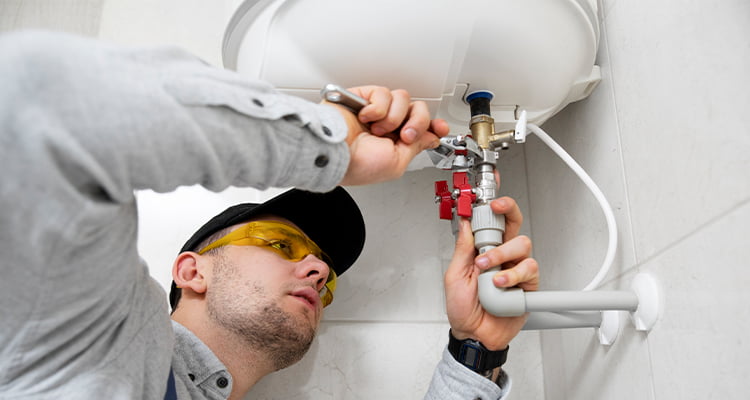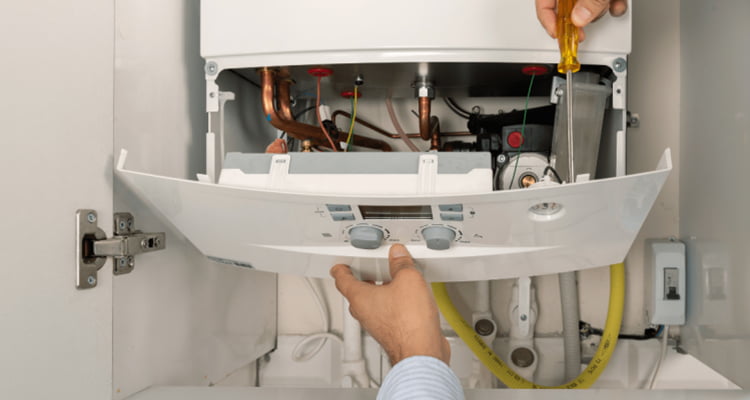What Makes a Boiler “High-Efficiency”?
A boiler is considered high-efficiency when the annual fuel utilization (AFUE) rating is above 90%. The AFU rating measures how effectively the boiler converts fuel into heat. Newer boilers with efficient boiler technology are better equipped to capture and reuse more heat from gases. Key technologies that deliver better performance from less fuel include condensing technology, advanced heat exchangers, and modulating burners.Key Benefits of High-Efficiency Boilers
The benefits of high-efficiency boilers are plentiful. By installing or upgrading to a new model, you can enjoy:- Lower Monthly Heating Costs: High-efficiency boilers use less fuel without compromising performance. You can reduce heating costs and reap energy cost savings year-round.
- Reduced Environmental Impact: The advanced tech reduces waste and produces fewer pollutants. An eco-friendly boiler is more sustainable and supports low-emission heating.
- Enhanced Heating Performance and Comfort: High-efficiency boilers eliminate cold spots and deliver consistent home heating. Warming up each room sufficiently makes it an enhanced comfort boiler.
- Longevity and Reliability: High-efficiency models feature advanced components and durable materials, built to last longer and require fewer repairs. A reliable boiler contributes to a long-lasting heating system.
- Potential for Rebates and Incentives: Homeowners can qualify for local or federal boiler rebates. These energy efficiency incentives make it more affordable to switch to high-efficiency systems.
How High-Efficiency Boilers Work to Save Energy
High-efficiency boilers have energy-saving boiler features that contribute to a more efficient heating system. Let’s take a look at these features.Condensing Technology
Condensing boiler technology can recover heat from exhaust gases. This heat recovery system minimizes waste and maximizes energy use, improving its efficiency.Advanced Heat Exchangers
Advanced heat exchangers maximize surface area contact of components. This supports a more efficient boiler heat transfer from fuel, which reduces waste and boosts performance.Modulating Burners
Modulating burners adjust the output of heat based on demand. Adaptive heating boilers adapt to real-time usage, making them more efficient.Financial and Environmental Impact of High-Efficiency Boilers
High-efficiency boilers use 10% less energy than standard models. Saving energy and using less fuel has two main benefits: lower energy bills and a reduced carbon footprint. This makes high-efficiency boilers an eco-friendly heating solution, as they contribute to a cleaner environment while being cheaper to run.Choosing the Right High-Efficiency Boiler for Your Home
When choosing the right boiler for your home, you should consider the following factors.- Size and Capacity Considerations: The boiler size must be tailored to your home space for optimal home heating capacity. Consider the number of radiators, room quantity and size, and insulation.
- Fuel Type (Gas, Oil, Electric): The boiler fuel type also affects its efficiency and cost. The gas vs electric boiler debate is a trade-off on costs and emissions. Choosing the right gas or oil models are cheaper, but less sustainable. Electric is much quieter and usually cheaper to install, but more expensive to operate.
- Compatibility with Existing Systems: Integrating a smart thermostat or other features from your current system can create a compatible heating system with better control and efficiency.
Frequently Asked Questions About High-Efficiency Boilers
How Much Can I Save with a High-Efficiency Boiler?
You can save up to 30% in energy bills with a high-efficiency boiler. The boiler energy cost reduction equates to hundreds of dollars annually.
Are High-Efficiency Boilers Worth the Investment?
Yes, the return on a heating upgrade makes it worthwhile. A high-efficiency boiler investment will deliver long term savings and environmental benefits.
Do High-Efficiency Boilers Require Special Maintenance?
Upkeep for an efficient boiler includes routine maintenance like cleaning heat exchanges, flushing, and annual boiler inspections.
